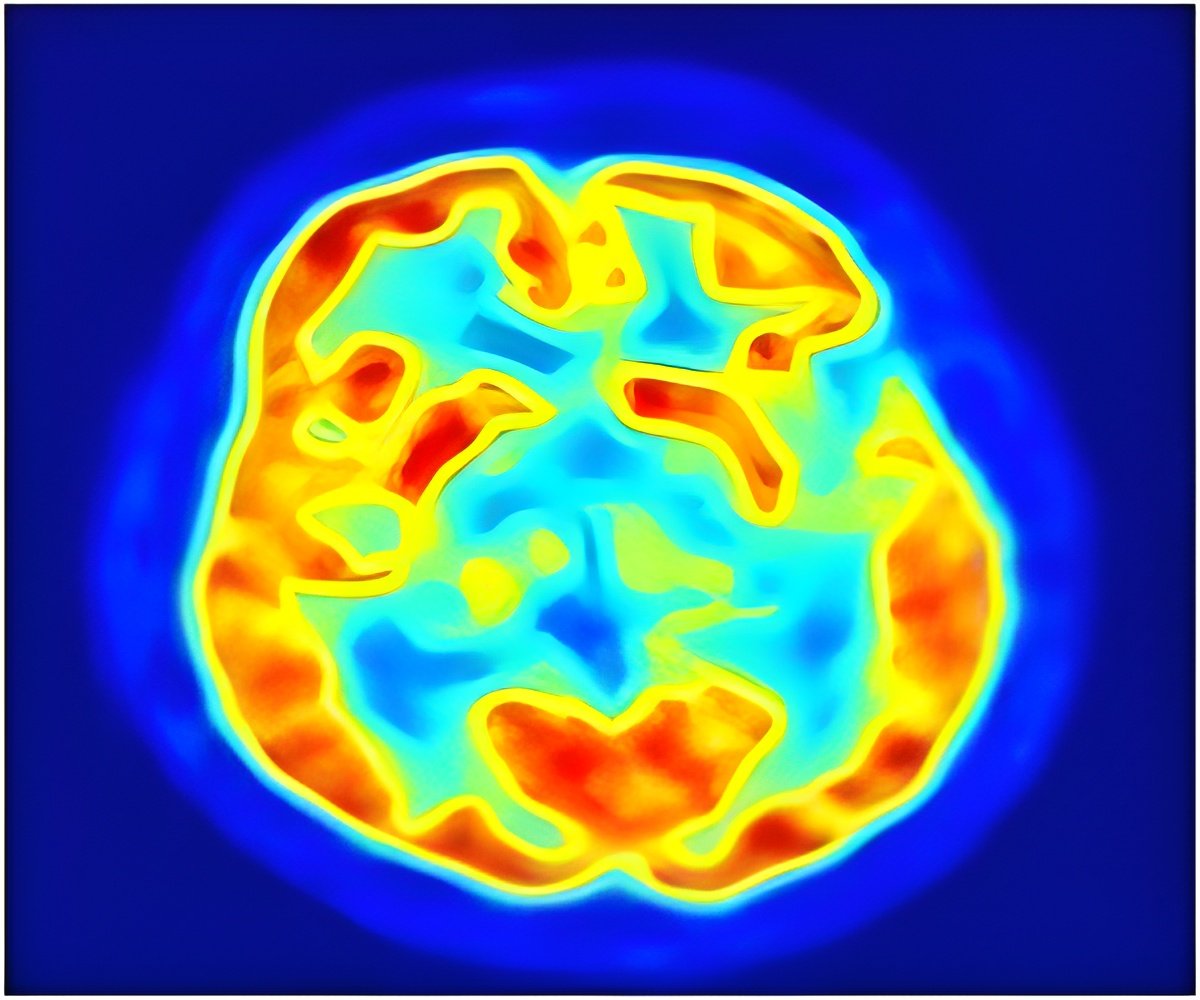Researchers at Johns Hopkins Kimmel Cancer Center have found that a combination of three therapies significantly improved the survival of mice suffering from glioblastoma.

The combination treatment described in the July 11 issue of PLOS One consists of highly focused radiation therapy targeted specifically to the tumor and strategies that lift the brakes and activate the body's immune system, allowing anti-cancer drugs to attack the tumor. One of the immunotherapies is an antibody that binds to and blocks an immune checkpoint molecule on T cells called CTLA-4, allowing the T-cells to infiltrate and fight tumor cells. The second immunotherapy, known as 4-1BB, supplies a positive "go" signal, stimulating anti-tumor T cells.
None of the treatments are new, but were used by the Johns Hopkins team to demonstrate the value of combining treatments that augment the immune response against glioblastomas, the most common brain tumors in human adults. The prognosis is generally poor, even with early treatment.
"We're trying to find that optimal balance between pushing and pulling the immune system to kill cancer," said Charles Drake, M.D., Ph.D., an associate professor of oncology, immunology and urology, and medical oncologist at the Johns Hopkins Kimmel Cancer Center.
The researchers speculate that when radiation destroys tumor cells, the dead tumor cells may release proteins that help train immune cells to recognize and attack the cancer, said Michael Lim, M.D., an associate professor of neurosurgery, oncology at the Johns Hopkins University School of Medicine and member of Johns Hopkins' Institute of NanoBiotechnology.
"Traditionally, radiation is used as a definitive therapy to directly kill cancer cells," said Lim, who also serves as director of the Brain Tumor Immunotherapy Program and director of the Metastatic Brain Tumor Center at Johns Hopkins Medicine. "But in this situation we're using radiation as kind of kindling, to try to induce an immune response."
The researchers say they were also encouraged to see that the triple therapy created "immune memory" in mice that were long-term survivors. When brain tumor cells were re-introduced under the skin of the animals, their immune systems appeared to protect them against the development of a new brain tumor.
The researchers are developing a variety of clinical trials to test combination therapies against brain tumors.
Source-Eurekalert
 MEDINDIA
MEDINDIA



 Email
Email










